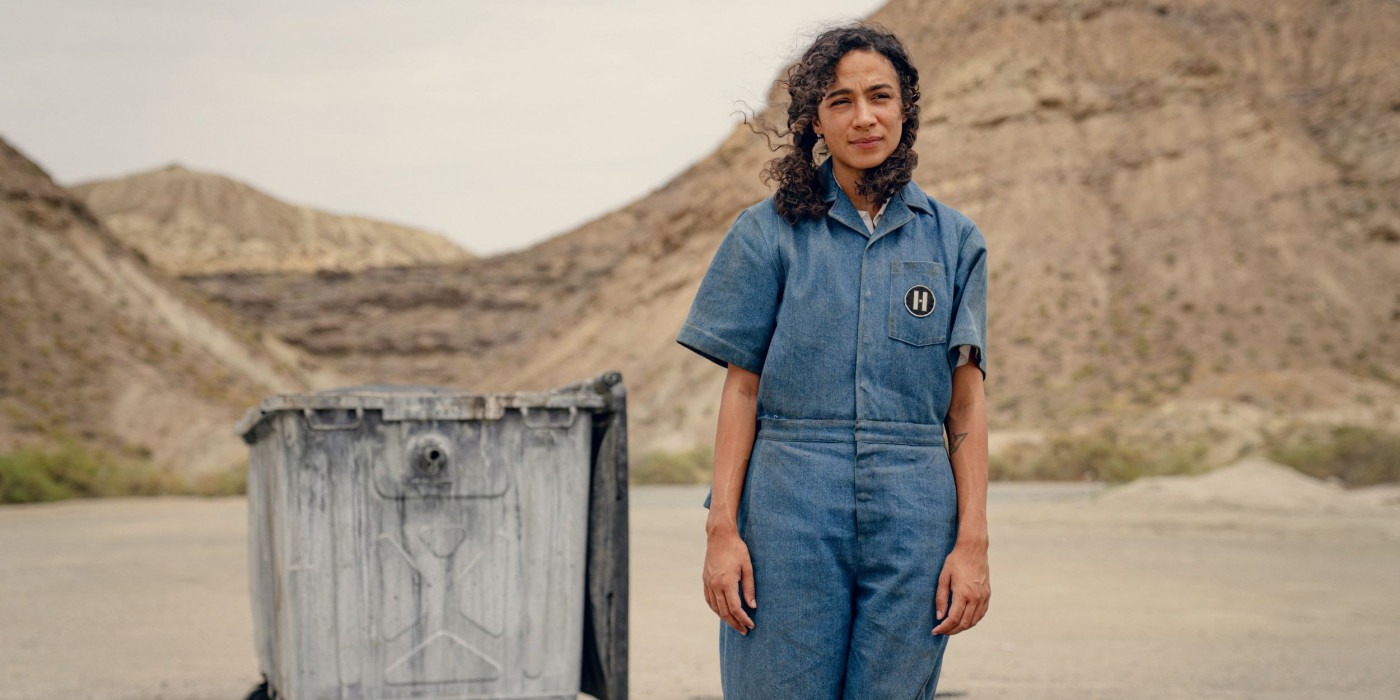KAOS: Latest Netflix cancellation shocks fans
Another Netflix cancellation of a beloved show with a cult-following made its rounds in the news on Tuesday 8 October. KAOS, the Greek mythological comedy, debuted this summer to warm reviews, yet a lack of widespread popularity. A wave of disappointed fans have shown their outrage at its cancellation as well as Netflix’s ongoing and ruthless tendency to axe well-loved shows. Many are arguing that it is difficult to invest attention into Netflix productions, knowing their story may never culminate as the writers intended.
As a fan of modern retellings of Greek mythology, this loss stung more than other Netflix withdrawals. KAOS seemed an unlikely candidate to suffer this fate, due to its star-studded cast and distinctive premise.
Queering Greek mythology is nothing new. Madeline Miller’s The Song of Achilles is a beloved and hugely successful queer retelling of the Trojan War. Yet KAOS managed to refresh the source material with these artistic deviations while also retaining some semblance of accuracy.
The series develops a striking audio-visual language that is a feast for the eyes and ears
As a transgender man raised within the Amazonian compound, the character of Caeneus brings a unique perspective, and makes for an interesting twist on the traditional myth, in which Poseidon transforms him into a man. Elsewhere, the story of Orpheus and Euridyce (‘Riddy’) was made more relatable to modern viewers through a slight alteration of the source material. It is the modernisation of well-worn myths, the way unique characters are woven into the ‘bigger picture’ of the story, that makes KAOS stand out.
Moreover, the series develops a striking audio-visual language that is a feast for the eyes and ears. The series takes place predominantly in three settings; Crete, the Underworld, and Mount Olympus. Directorial decisions help to install a distinct feeling to each of these storylines: the Underworld is entirely represented in gloomy black and white, a sharp contrast to the vividly colourful Mount Olympus, while Crete stands somewhere in the middle.
There are some frustratingly obvious and seemingly pointless deviations from the source material
The choral chant “Celestis, Divinitus, Insania, Vero” is repeated throughout the series, displaying the powers of the fates and the fear instilled into the mortal population by the Gods. While this is effective, I do feel that the Gods’s narcissistic desire for worship is something the series could have done a better job of highlighting. Similarly, there are some frustratingly obvious and seemingly pointless deviations from the source material. One of the most painful for die-hard fans of Greek mythology is the fact that Hades is referred to as ‘the God of death’ rather than ‘the God of the dead’.
Sharing a statement to the production company Sister Global’s Instagram, series creator Charlie Covell stated that there being “no renewal” for the show is “satisfyingly meta” as it reflects a core plotline within the show itself of souls not being ‘renewed’ from the Underworld. They further urged fans to “please keep talking about KAOS if you enjoyed it” as there may still be “potential fans out there”. Unfortunately, for those of us who have already discovered and loved the show, it seems as though this charming tale of gods and mortals, both equally flawed and wrapped up in their own problems, has reached an abrupt ending.

Comments